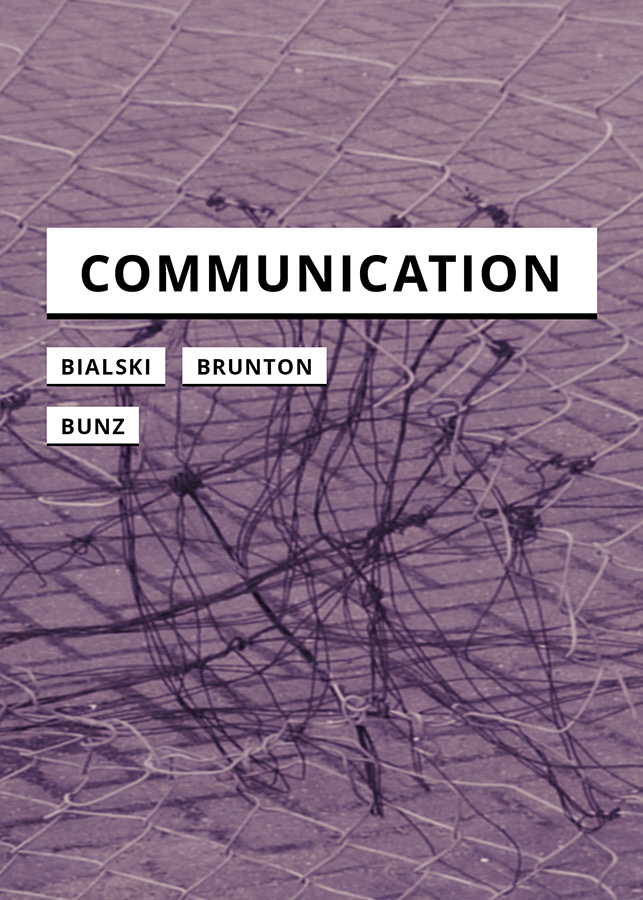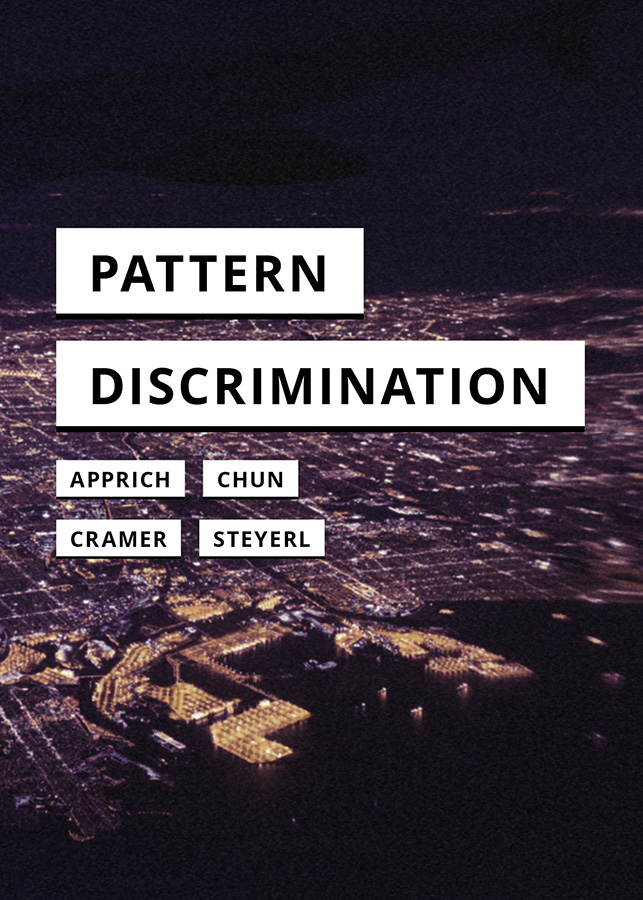Media and Management
Management is enabled by media, just as media give life to management. Studying the management innovations learned through media uncovers the evolving relationship between workers and employers. With a view to history, Media and Management shows the interdependence of hardware, software, and human experience adjusting to algorithmically defined rhythms.
“This timely collection reminds us how the latest forms of algorithmic management are extensions of the long history of industrialized labor. We can only understand the future of work when we contend with the patterns of the past and how they manifest around the world.”
— Kate Crawford, author of Atlas of AI
“This remarkable book critically probes hardware manufacturing practices and histories in the Asia Pacific, insisting media theory and management studies recompose in ways attentive to real-time labor regimes and the organizational force of global logistics.”
— Ned Rossiter, Western Sydney University
“This original book links up Toyotism, just-in-time management, and platform capitalism, all in one volume. I especially liked the main geographical foci of the chapters being on non-western countries: Japan, China, and Central and Eastern Europe.”
— Jack Linchuan Qiu, National University of Singapore




















